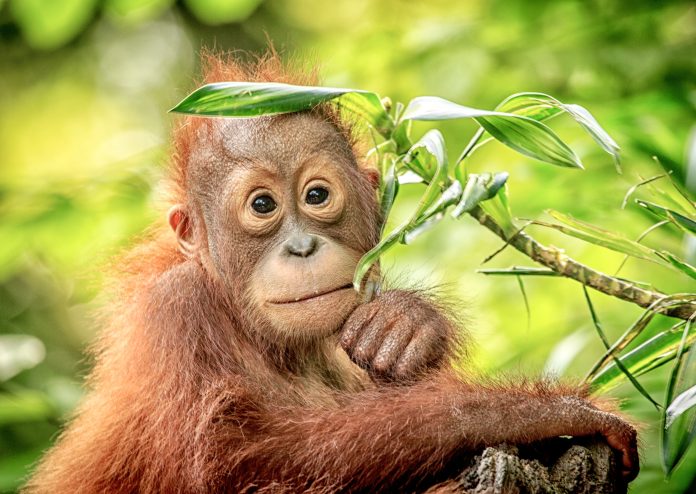
The TREES Act Is Being Introduced In New York To Help Stop Tropical Deforestation & Protect Endangered Species
By WAN
You can help all animals and our planet by choosing compassion on your plate and in your glass. #GoVeg

You can help all animals and our planet by choosing compassion on your plate and in your glass. #GoVeg